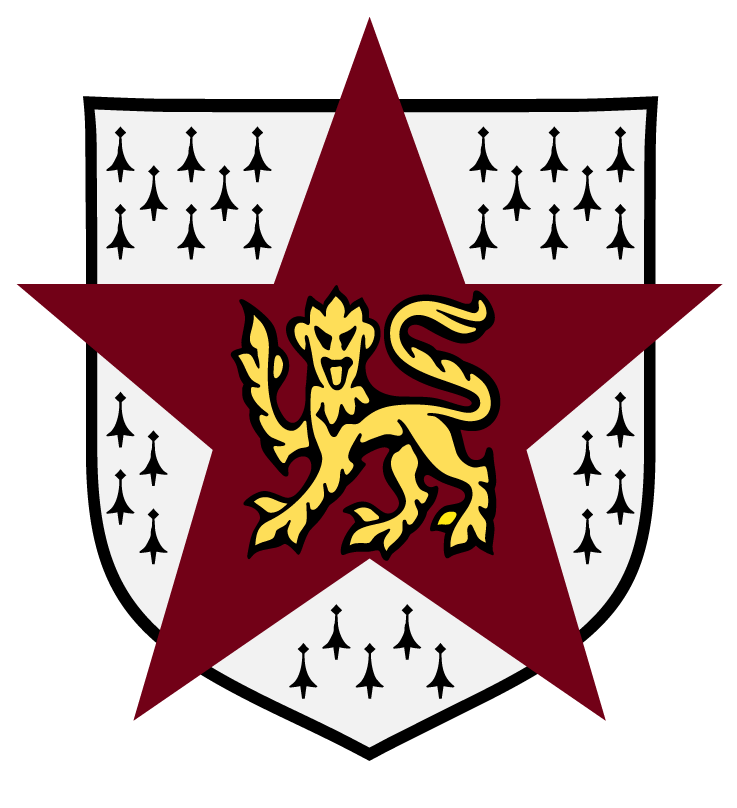Grigory Grafpen, Comrade "Sam"
Grigory Borisovich Grafpen (1891−1988), aka "Sam," civil servant, intelligence officer, head of the "legal" Station in London
Unlike many of his colleagues, Grigory Grafpen came to intelligence work as an experienced man of 40 He had completed three courses at the Odessa Technical School, worked in a printing house, participated in the socialist movement, fought in World War I and the Civil War, and held leading positions in the Red Army, the People’s Commissariat of Finance, the People’s Commissariat of Worker and Peasant Inspection, the People’s Commissariat for Foreign Trade and other Soviet organisations.
Before Grafpen became a professional intelligence officer and went to England as Station head, he had already lived in the United States twice, first in his youth, when he was a member of the Socialist Party of America, and then as a manager and director of the import department of the Amtorg Trading Corporation in New York. In the 1920s, at least half of all trade between the USSR and the United States was brokered by that company. The head office of Amtorg in New York also served as a cover for staff members of the Foreign Department of the NKVD and Comintern. By the early 1930s, Amtorg had become an important supplier of intelligence on North America. It was during that period, from 1927 to 1931, that Grigory Grafpen worked at Amtorg, and as a high-ranking employee of the company, he was undoubtedly aware of many secret operations carried out under its cover.
Grafpen’s professional path prepared him well for the work of an intelligence officer. By the time he officially joined the intelligence service, he could easily navigate Western realities and had considerable executive experience, at home and abroad. Going from Amtorg to the Foreign Department of the NKVD was a natural move for Grafpen.
Grafpen faced numerous challenges in his intelligence career, especially in 1937−1938, when he worked in London under the alias "Sam". After the removal of Adolf Chapsky from the post of Station head in the summer of 1937, Grafpen took charge of the "legal" Station in London. He inherited an extensive "enterprise": two dozen operatives, a large number of sources of varying quality, including the Cambridge Five, and well-oiled communications and information transmission systems. Grafpen did everything to ensure that the London Station, despite the difficulties created by the purges in Moscow, worked as efficiently as before.
He supervised Donald Maclean, who at that time held an important post in the Western Department of the British Foreign Office. Thanks to Grafpen, Moscow received actionable intelligence on British foreign policy. When Maclean was transferred to work in Paris in September 1938, Grafpen became the supervisor of John Cairncross.
In November 1938, Grafpen was called back to Moscow, quickly arrested and charged with having connections to Trotskyists, a frequent accusation in those years. However, the verdict of the Military Collegium of the Supreme Court of the USSR turned out to be relatively mild: five years in the camps and exile for an indefinite period.
Grigory Grafpen was released in January 1943, but his name was not cleared until 1956 Before retirement, Grafpen lived in the North of Russia, worked in administrative positions in the railway system and then moved to Leningrad, where he lived to an advanced age as an ordinary Soviet retiree.


